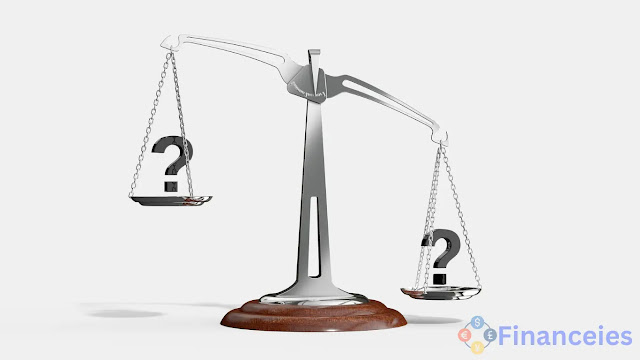Mortgage lenders typically view reverse mortgages as a high-risk product. This is because reverse mortgages are not backed by the full faith and credit of the lender, and borrowers may be at risk of default. As a result, lenders are more willing to lend money for a reverse mortgage if the value of the home is not too high. In addition, reverse mortgage borrowers may be more likely to experience financial problems, such as high-interest rates and loan defaults, than traditional mortgage borrowers. The worst-case scenario for a reverse mortgage is that the home value falls below the value of the outstanding loan. If this happens, the borrower may be required to pay back the entire amount of the reverse mortgage, plus interest.
There are a few potential upsides to taking out a mortgage. First, a mortgage can provide a significant way to increase your home's value. Second, a mortgage can provide enough money to cover your monthly payments, bills, and other expenses, so you don't have to worry about money troubles. Third, a mortgage can give you a significant cash reserve should you need it in the future. However, there are also a few potential downsides to taking out a mortgage. First, a mortgage can increase your overall debt burden. Second, a mortgage may not be the best option for people who are not able to reliably repay the loan.
A problem with taking out a mortgage is that home prices can sometimes drop, resulting in a situation where you may owe more money than the home is worth. This can be very expensive to fix and could lead to a decision to sell the home or refinance the mortgage to reduce the amount you owe. A mortgage calculator can help determine whether a mortgage is a good option for you. Much money can be added to a mortgage over time, which can add up quickly. Inexpensive kinds of mortgages may not have all of the protections that more expensive mortgages do, so it is important to carefully consider all of the risks before taking out a mortgage. Lenders offer a wide variety of mortgage loans, which can be divided into two main categories: interest loans and borrowers' credit. Interest loans are loans that involve the payment of interest on the loan. type of loan typically provided by banks, credit unions, investment corporations, and investors. The borrower's credit is a type of loan that involves the borrowing of money from a lender to purchase a property. This type of loan is typically provided by private mortgage companies.
There are several risks associated with taking out a mortgage. The biggest risk is credit risk. If you don't have a good history of paying your bills on time, a lender may not be willing to give you a mortgage. Another risk is the home price. If the market for homes in your area goes down, you may not be able to afford to buy a home. Another risk is price appreciation. If the market for homes in your area goes up, your home may become worth more than you originally thought. Rate risk is also a major concern. If interest rates go up, you may have to pay more interest on your mortgage than you originally planned. Rate loans are also a risk. If the interest rate on your rate loan changes, you may have to make a payment that is higher than you were expecting. Nontraditional mortgage loans are also a risk. These are loans that are not typically offered by banks or other traditional lenders. This means that there is a higher risk that the loan will not be approved.

